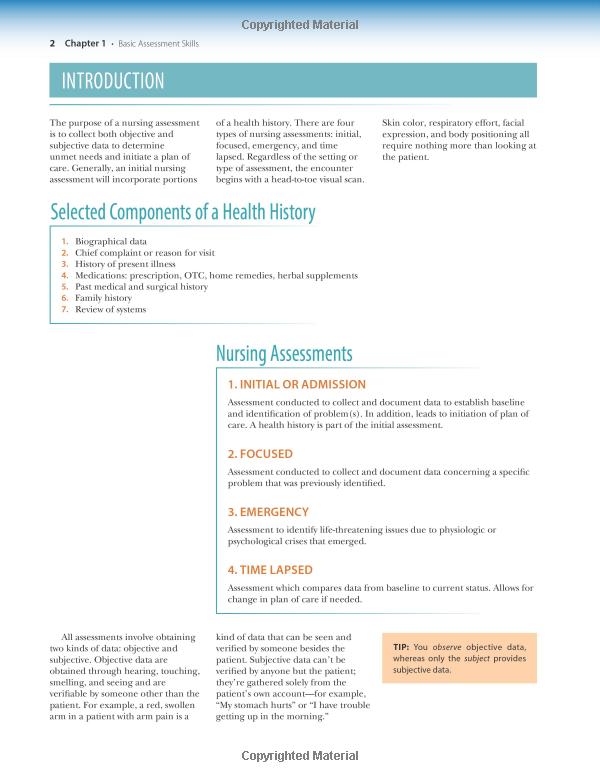Travel Lpn Contracts: A Comprehensive Guide to Securing Your Travel Nursing Experience
Guide or Summary:Understanding Travel LPN ContractsKey Components of a Travel LPN ContractSecuring Your Travel LPN ContractTravel nursing is a dynamic and r……
Guide or Summary:
- Understanding Travel LPN Contracts
- Key Components of a Travel LPN Contract
- Securing Your Travel LPN Contract
Travel nursing is a dynamic and rewarding career path that allows registered nurses (RNs) to explore diverse healthcare environments, offering unique opportunities for professional growth and personal enrichment. However, navigating the complexities of travel nursing can be overwhelming, especially when it comes to securing employment. This guide delves into the intricacies of travel LPN contracts, providing valuable insights to help you embark on a successful journey in travel nursing.
Understanding Travel LPN Contracts
Travel Licensed Practical Nurses (LPNs) are in high demand across the United States, thanks to an aging population and the increasing complexity of healthcare needs. Travel LPNs work in various settings, including hospitals, clinics, nursing homes, and rehabilitation centers, offering essential patient care services. Securing a travel LPN contract requires a clear understanding of the terms and conditions, as well as the legal obligations and protections inherent in such agreements.
A travel LPN contract is a legally binding agreement between the travel LPN and the agency or employer. It outlines the terms of employment, including the scope of work, compensation, benefits, and working conditions. The contract may also include provisions related to travel arrangements, housing, and relocation support. Understanding the nuances of these contracts is crucial for travel LPNs to ensure they are adequately compensated and protected.
Key Components of a Travel LPN Contract
The structure and content of a travel LPN contract can vary depending on the employer and the specific role. However, there are several key components that are typically included:
1. **Scope of Work**: This section outlines the specific duties and responsibilities of the travel LPN, including patient care, medication administration, and other clinical tasks. It also specifies the type of facility and the level of care required.

2. **Compensation**: This component details the salary or hourly rate, including any bonuses or incentives. It may also include provisions for overtime pay, travel allowances, and relocation expenses.
3. **Benefits**: Travel LPNs may be eligible for various benefits, such as health insurance, dental insurance, and disability coverage. The contract should clearly state the terms of these benefits and any waiting periods or enrollment procedures.
4. **Working Conditions**: This section describes the work environment, including the type of facility, shift schedules, and any specific requirements related to patient care or clinical procedures.
5. **Travel Arrangements**: The contract should detail the travel arrangements, including the mode of transportation, frequency of travel, and any per diem or travel stipends provided by the employer.
6. **Termination Clause**: This section outlines the conditions under which the contract can be terminated, including notice periods, reasons for termination, and any severance pay or other compensation.

7. **Confidentiality and Non-Disclosure Agreement**: Travel LPNs may be required to sign a confidentiality or non-disclosure agreement, especially if they are working with sensitive patient information or proprietary business data.
Securing Your Travel LPN Contract
Securing a travel LPN contract involves several steps, including:
1. **Building Your Resume and Portfolio**: A strong resume and portfolio highlighting your skills, experience, and certifications can make you a more attractive candidate to travel nursing agencies and employers.
2. **Networking**: Connecting with other travel LPNs, attending industry conferences, and joining professional organizations can help you learn about job opportunities and gain valuable insights into the travel nursing industry.
3. **Researching Agencies and Employers**: Conduct thorough research on travel nursing agencies and potential employers to ensure they have a strong reputation, offer competitive compensation and benefits, and provide adequate support for travel and relocation.

4. **Negotiating Terms**: When presented with a travel LPN contract, it's essential to review it carefully and negotiate any terms that may not be satisfactory. This may include discussing compensation, benefits, working conditions, and travel arrangements.
5. **Staying Compliant**: Travel LPNs must comply with all relevant laws and regulations, including those related to patient care, confidentiality, and professional conduct. It's crucial to familiarize yourself with these regulations and ensure you adhere to them throughout your employment.
Travel LPN contracts are a critical component of the travel nursing experience. By understanding the key components of these contracts and taking proactive steps to secure a favorable agreement, travel LPNs can enhance their professional opportunities and ensure a rewarding career in the dynamic field of travel nursing. Remember, a well-drafted contract is a testament to the professionalism and dedication of travel LPNs and provides a solid foundation for a successful journey in this exciting and fulfilling career path.